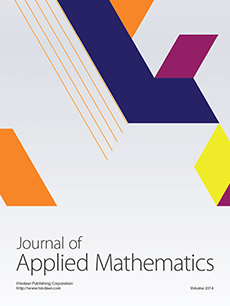Abstract
An optimal supply chain performance requires the execution of a precise set of actions, including coordination of the movement of materials, products, and information flows among suppliers, manufacturers, distributors, retailers, and customers. However, a supply chain usually involves several members who are primarily concerned with optimizing their own objectives. This self-serving focus often results in poor channel performance. The present study used the Nash game and the cooperation game in an imperfect production system to investigate the combined effects of lot-sizing integration, learning effect, and an imperfect production process on a manufacturer-retailer channel. This paper also developed a search procedure to solve the problem described, and the optimal properties and a numerical study were conducted to seek structural and quantitative insights into the relationship between the upstream and downstream entities of the supply chain. Numerical results indicated that the cooperation game policy created a higher cost reduction under a wide range of parameter settings.
Citation
Yu-Chung Tsao. Tsung-Hui Chen. Pei-Ying Wu. "Effects of Lot-Sizing Integration and Learning Effect on Managing Imperfect Items in a Manufacturer-Retailer Chain." J. Appl. Math. 2013 1 - 11, 2013. https://doi.org/10.1155/2013/413206
Information





